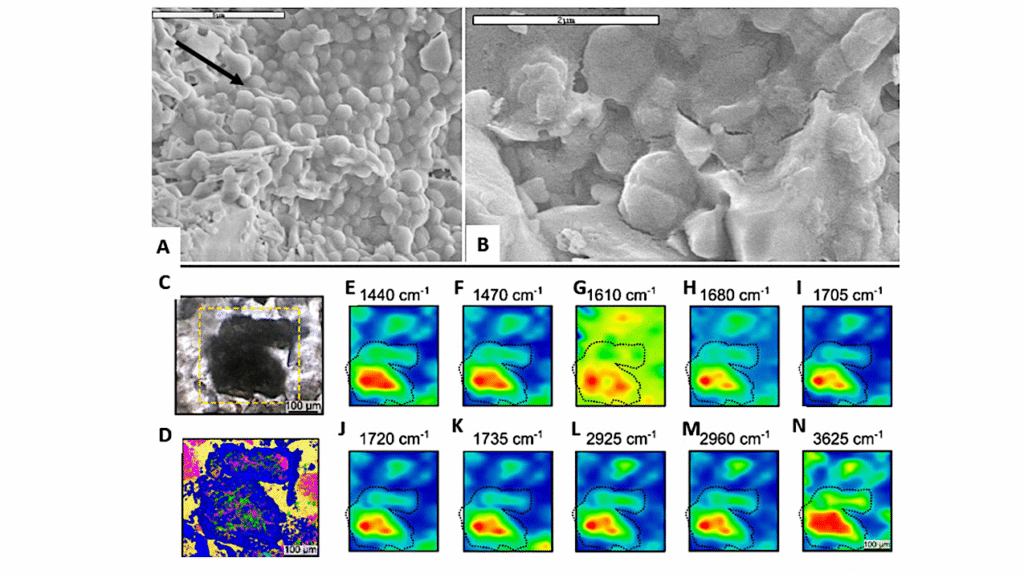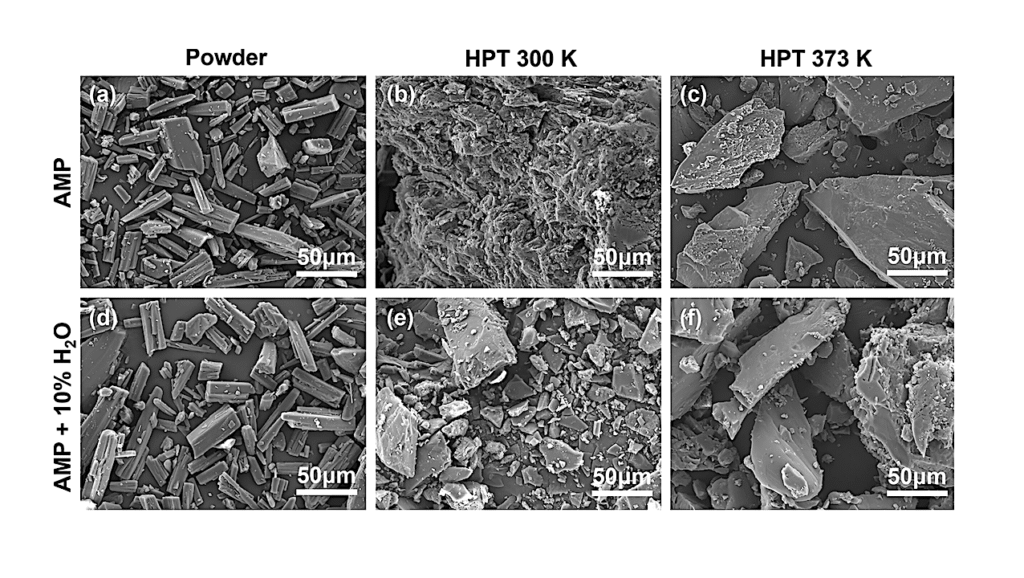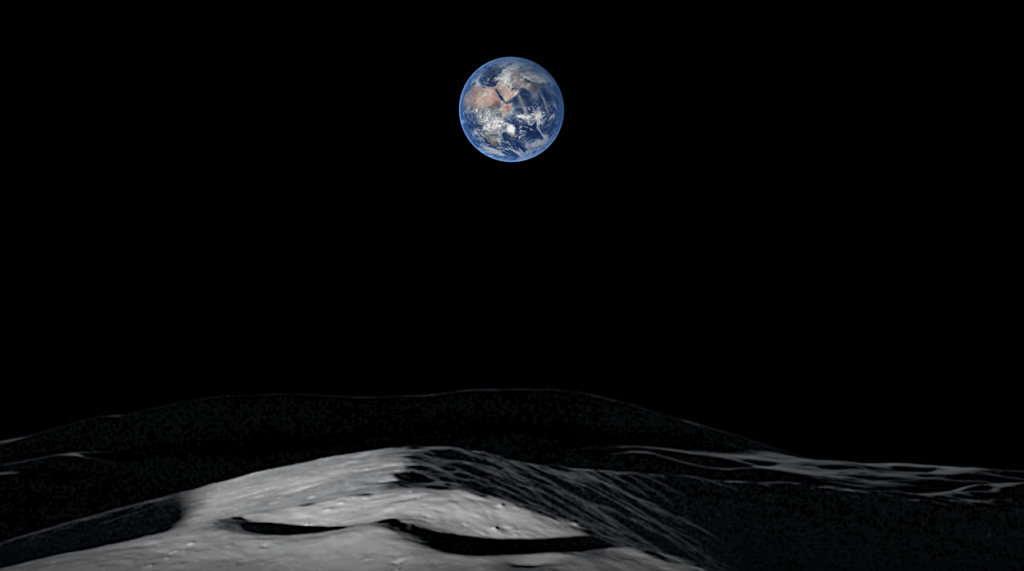Susceptibility of Planetary Atmospheres to Mass Loss and Growth by Planetesimal Impacts: the Impact Shoreline

This paper considers how planetesimal impacts affect planetary atmospheres.
Atmosphere evolution depends on the ratio of gain from volatiles to loss from atmosphere stripping f_v; for constant bombardment, atmospheres with f_v<1 are destroyed in finite time, but grow linearly with time for f_v>1. An impact outcome prescription is used to characterise how f_v depends on planetesimal impact velocities, size distribution and composition.
Planets that are low mass and/or close to the star have atmospheres that deplete in impacts, while high mass and/or distant planets grow secondary atmospheres. Dividing these outcomes is an fv=1 impact shoreline analogous to Zahnle & Catling’s cosmic shoreline. The impact shoreline’s location depends on assumed impacting planetesimal properties, so conclusions for the atmospheric evolution of a planet like Earth with f_v~1 are only as strong as those assumptions.
Application to the exoplanet population shows the gap in the planet radius distribution at ~1.5R_earth is coincident with the impact shoreline, which has a similar dependence on orbital period and stellar mass to the observed gap. Given sufficient bombardment, planets below the gap would be expected to lose their atmospheres, while those above could have atmospheres enhanced in volatiles.
The level of atmosphere alteration depends on the total bombardment a planet experiences, and so on the system’s (usually unknown) other planets and planetesimals, though massive distant planets would have low accretion efficiency. Habitable zone planets around lower luminosity stars are more susceptible to atmosphere stripping, disfavouring M stars as hosts of life-bearing planets if Earth-like bombardment is conducive to the development of life.
M. C. Wyatt, Q. Kral, C. A. Sinclair
(Submitted on 23 Oct 2019)
Comments: Accepted for publication by MNRAS
Subjects: Earth and Planetary Astrophysics (astro-ph.EP)
Cite as: arXiv:1910.10731 [astro-ph.EP] (or arXiv:1910.10731v1 [astro-ph.EP] for this version)
Submission history
From: Mark Wyatt
[v1] Wed, 23 Oct 2019 18:00:05 UTC (3,313 KB)
https://arxiv.org/abs/1910.10731
Astrobiology








